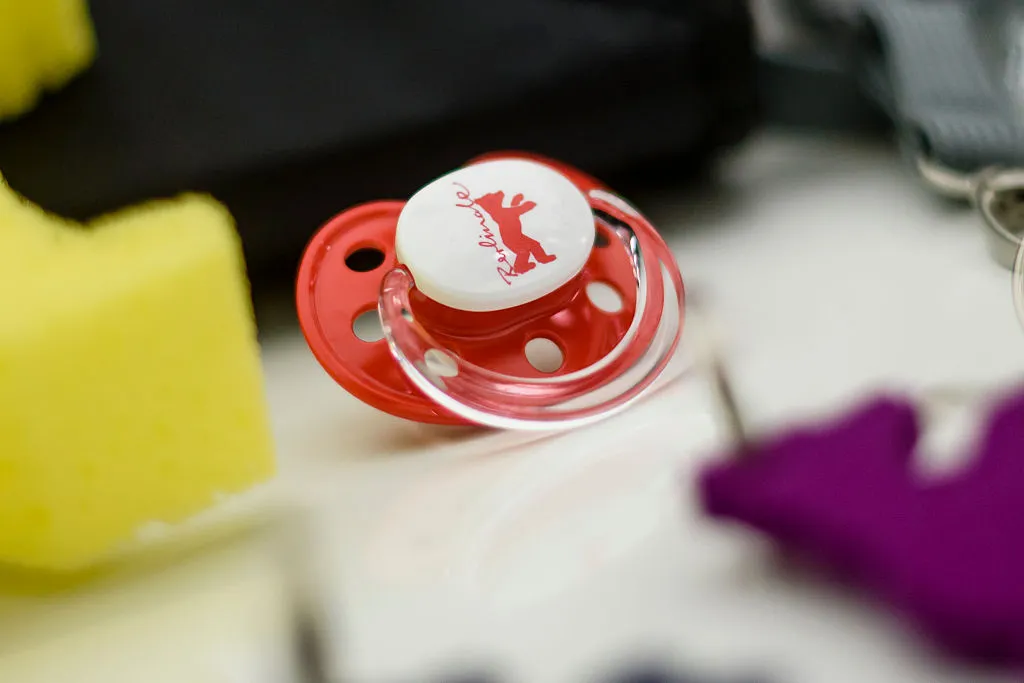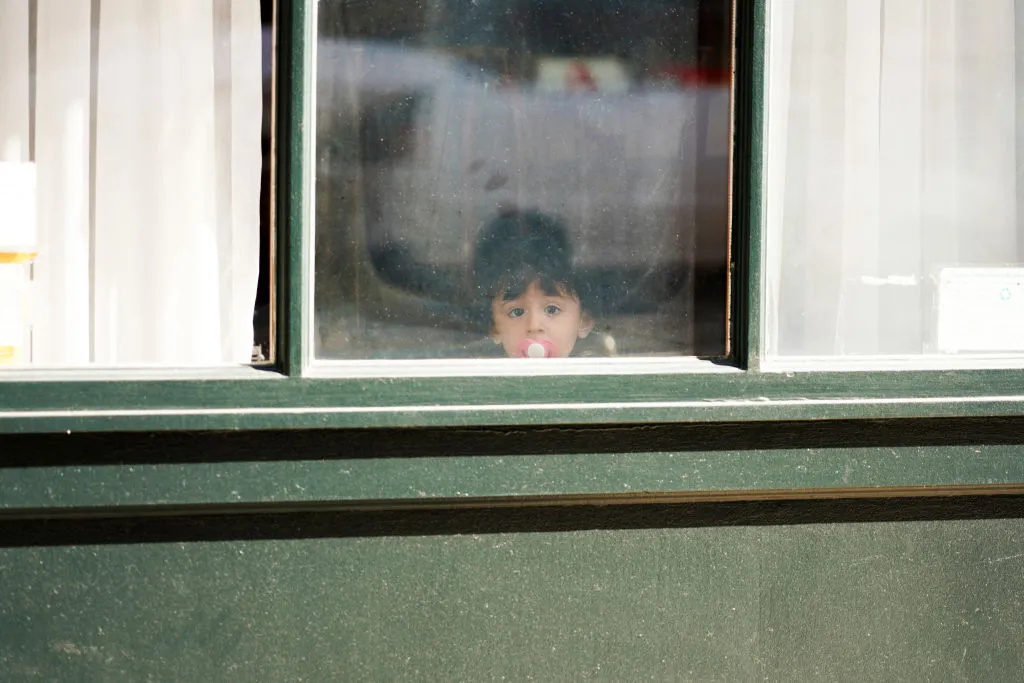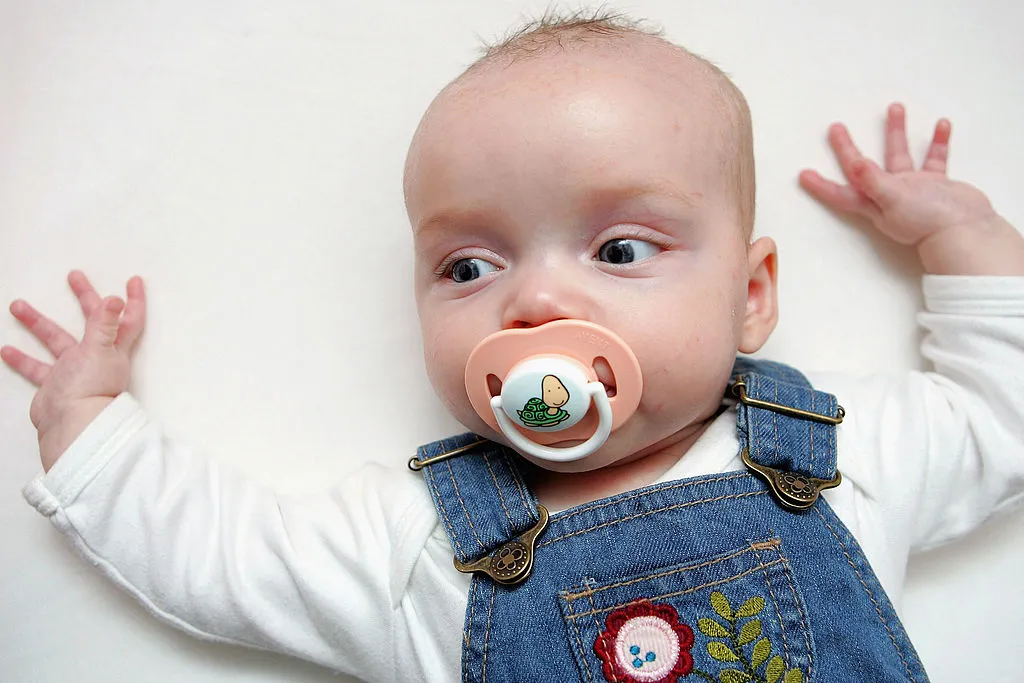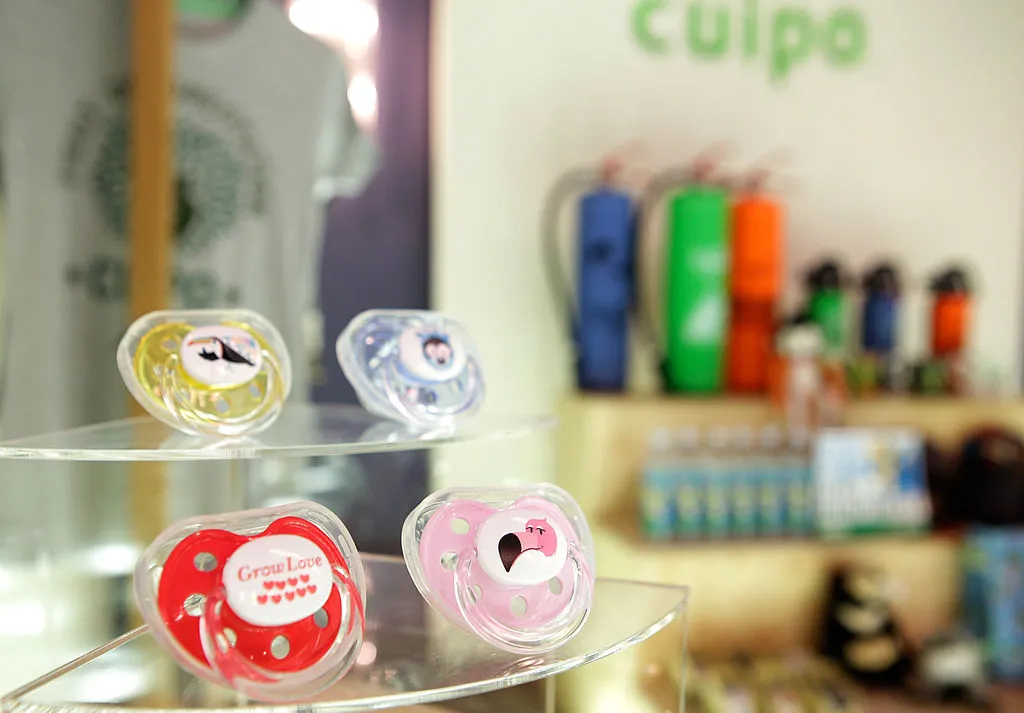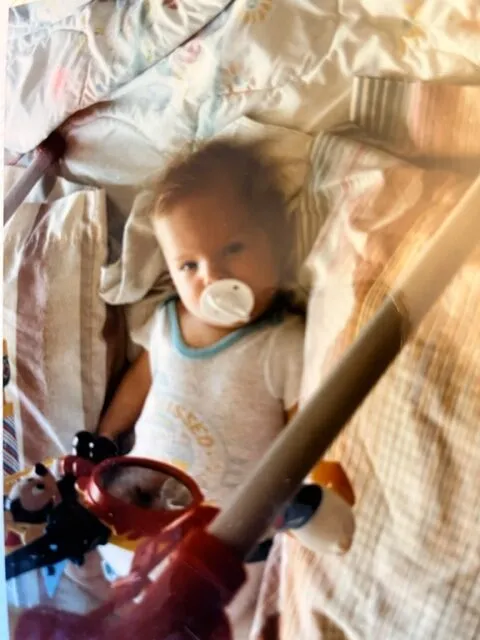Same Pacifier, Different Names
Pacifiers…binkies…pluggis…self soothers. They all mean the same thing. Depending on where you live though, you call them something different.
For example, in the United Kingdom, pacifiers are referred to as “dummies.” In Australia and New Zealand, they are called “soothers.” In Germany and Austria, they say “Schnuller.” In France, they are called “sucettes.” And lastly, in Spain and Latin America, they are called “chupetes.”
It is also common for families to have their own names for pacifiers. Growing up, I always called them “pluggies.” Now that I have a son, I refer to them as “binkies.” Some of my friends call them “pacis.” Guess what? They all mean the same thing!
Why Do Babies Use Pacifiers?
Regardless of what name we use, pacifiers are beneficial to our babies for many reasons:
- Soothing: Pacifiers can be very effective at soothing fussy or upset infants. The sucking motion can be calming and comforting for babies.
- Sleep: Pacifiers can help infants fall asleep faster and stay asleep longer. This can be especially helpful for parents who are struggling to get their babies to sleep through the night.
- Pain relief: Pacifiers can help to provide pain relief for infants who are teething or experiencing other types of discomfort.
- Reduces the risk of sudden infant death syndrome (SIDS): Studies have shown that using a pacifier while sleeping can help to reduce the risk of SIDS.
- Eases travel: Pacifiers can be very useful during travel, as they can help to calm and comfort infants during long car or plane rides.
It’s important to note that while pacifiers can have benefits, they should be used in moderation and with caution. Prolonged use or misuse of pacifiers can lead to dental problems, speech delays, and other issues. Parents should always consult with their pediatrician before introducing a pacifier to their infant.
Take a look at all of the different names for the pacifier!


